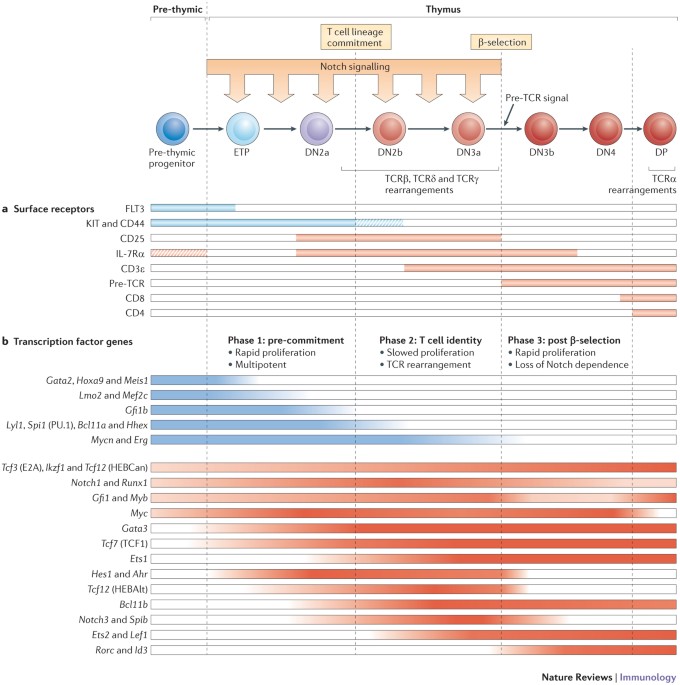
- Select a language for the TTS:
- UK English Female
- UK English Male
- US English Female
- US English Male
- Australian Female
- Australian Male
- Language selected: (auto detect) - EN
Play all audios:
Find VA policies on privacy and patient rights, family rights, visitation, and more. It is the policy of the Iowa City VA Healthcare System (ICVAHCS) to acknowledge that visitors serve a
vital support role for veterans in both an inpatient and outpatient status. The ICVAHCS respects the patient's right to make decisions about their care, treatment, and services, and to
involve the patient's family in decisions about care, treatment, and services to the extent permitted by the patient or surrogate decisionmaker. The medical center allows for the
presence of a support individual of the patient's choice, unless the individual's presence infringes on others' rights or safety or is medically or therapeutically
contraindicated. Before visiting a patient at Iowa City VA Healthcare System (ICVAHCS), review these guidelines: VISITING HOURS AND GUIDELINES: * INPATIENT MEDICAL/SURGICAL UNIT. Visiting
hours are from 10-8 daily. Patient may have two visitors unless otherwise directed by healthcare team. * EMERGENCY DEPARTMENT. Patient may be accompanied by one visitor who must always
remain in the patient’s room within the emergency department unless otherwise directed by healthcare team. * INPATIENT BEHAVIORAL HEALTH. Visitation will be by exception as decided upon by
physicians, nursing manager, nursing staff on individual basis. * END OF LIFE CARE. For patients who are at end-of-life care, provider can determine visitor guidelines as appropriate for the
patient and family needs. * Visitors are not allowed in "Authorized Personnel Only" areas that are clearly designated by appropriate warning sign(s). * Visitation policy may vary
or change due to the pandemic or outbreak INFECTION CONTROL GUIDELINES * All visitors must be free of visible signs or symptoms suggestive of infectious disease. Visitors who have symptoms
of a cold or infectious disease or who have recently been exposed to a communicable disease may be asked to postpone visiting in the ICVAHCS until symptoms subside. * Visitors must
wash/sanitize their hands prior to and after visiting the patient. * Visitors must follow guidelines on infection-control signs and report to the nurses' station for instructions before
they enter a patient's room. PROHIBITED ITEMS * Alcoholic beverages, weapons, and illegal drugs are prohibited by law. ICVAHCS is a tobacco free facility. * Photographic or video
recording activities are not authorized without prior approval from the facility Director or designee. PRIVACY Our staff may ask you to leave the room when they’re caring for patients. If a
staff member asks you to leave a patient's room, you may continue your visit in the day room, waiting area, or any other public area of the facility. BRINGING FOOD PLEASE CHECK WITH
UNIT STAFF FOR ANY FOOD RESTRICTIONS BEFORE BRINGING IN FOOD SECURITY Iowa City VA Healthcare System (ICVAHCS) has a Police Service. Our officers provide 24-hour patrols of the facility and
parking lots. For general police assistance, please dial 636600. In case of an emergency, dial 333. Report all suspicious or criminal activity, vehicle accidents, and personal property
losses to the VA Police while on the facility grounds as soon as possible. VISITING CHURCH MEMBERS If you’re a member of the religious community, we encourage you to visit patients who
belong to your church or religious group. However, you’re NOT allowed to do general visitation by going from bed to bed, ward to ward, or unit to unit. VA GENERAL VISITATION POLICY The
medical center respects the patient's right to make decisions about his or her care, treatment and services, and to involve the patient's family in care, treatment, and services
decisions to the extent permitted by the patient or surrogate decision-maker. "Family" is defined as a group of two or more persons united by blood, or adoptive, marital, domestic
partnership, or other legal ties. The family may also be a person or persons not legally related to the individual (such as significant other, friend or caregiver) whom the individual
considers to be family. A family member may be the surrogate decision-maker, as defined in VHA Handbook 1004.02, if authorized to make care decisions for the individual, should he or she
lose decision-making capacity or choose to delegate decision making to another. The medical center allows a family member, friend or other individual to be present with the patient for
emotional support during the course of their stay. The medical center allows for the presence of a support individual of the patient's choice, unless the individual's presence
infringes on others’ rights or safety, or is medically or therapeutically contraindicated. The individual may or may not be the patient's surrogate decision-maker or legally authorized
representative. The hospital prohibits discrimination based on age, race, ethnicity, religion, culture, language, physical or mental disability, socioeconomic status, sex, sexual
orientation, and gender identity or expression.








